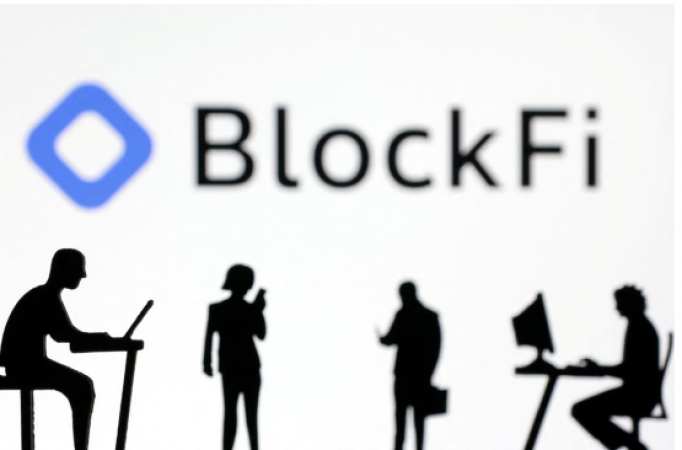
USA: Cryptocurrency exchange FTX, the first direct victim of the collapse of Blockfi, told a US bankruptcy judge on Tuesday that the US crypto lender was an “adversary to FTX” and would work to return customer funds as soon as possible.
Citing the demise of FTX and the turmoil in the cryptocurrency markets, Blockfi filed for Chapter 11 protection on Monday. BlockFi previously suspended withdrawals from its platform in November due to concerns about the stability of FTX.
At the business's initial bankruptcy hearing in Trenton, New Jersey, Blockfi's attorney Joshua Susberg went to great lengths to separate Blockfi from FTX.
Also Read: Uber rolling out rear seatbelt reminder, SOS integration
Susberg described the complex financial relationship between the two businesses, but clarified that BlockFi does not share the same problems as FTX, whose spectacular collapse earlier this month raised concerns about a possible industry-wide pandemic.
On the other hand, according to Sasseberg, BlockFi had mature and consistent leadership, hired the right experts, and implemented the right processes and protocols. In contrast, FTX's bankruptcy filing revealed missing assets and a complete failure of corporate controls.
Susberg testified before US Bankruptcy Judge Michael Kaplan that BlockFi was "shocked and disappointed" to learn of FTX's subpar management.
Susberg gave Kaplan a history of the company, describing several ways in which BlockFi and FTX were intertwined.
Before the crypto crash in May, BlockFi lent US$680 million to hedge fund Alameda Research, which is affiliated with FTX.
BlockFi secured a $400 million credit facility from FTX in July to keep it afloat following market turmoil that saw the collapse of BlockFi borrower Three Arrows Capital and massive customer outflows. This credit facility included an option for FTX to purchase BlockFi at a later date.
Susberg claimed that Blockfi owed FTX US$275 million from the July FTX bailout and that Almeida had not repaid its US$680 million Blockfi loan.
Additionally, BlockFi traded cryptocurrencies on the FTX platform, and as a result of the FTX bankruptcy, BlockFi had US$355 million of cryptocurrencies locked up.
Also Read: AI models from Tencent and Alibaba are superior to humans at understanding Chinese
Susberg said Tuesday that Blockfi plans to ask a judge to allow users of the Blockfi Wallet program to request the withdrawal of their funds at any time during the bankruptcy case.
Susberg declared, "If it's in your wallet, it stays in your wallet."
BlockFi developed its wallet program in response to regulatory inquiries into the firm's interest-bearing accounts, which the US Securities and Exchange Commission determined were unregistered securities offerings.
BlockFi agreed to pay a record US$100 million fine and stop providing interest-bearing accounts to US customers to end those investigations. It also developed a wallet program for new US customers.
At Tuesday's hearing, Kaplan gave BlockFi the green light to continue with its regular business operations, including paying employees, keeping its bank accounts open, and taking other necessary actions.
In addition, Kaplan allowed BlockFi to temporarily redact customer names and email addresses from court records, stating that they did not have sufficient knowledge to determine whether the names should be made public. Is.
Kaplan will make a final decision later, after weighing privacy concerns against the bankruptcy court's transparency requirements.
BlockFi claimed it owed money to more than 100,000 creditors in a court document filed on Monday. According to BlockFi, its assets and liabilities range from $1 billion to $10 billion USD.
To finance its bankruptcy, the company sold a portion of its cryptocurrency holdings in early November. It entered bankruptcy with US$256.5 million in cash.
The first restructuring plan offered by BlockFi offers two ways to exit bankruptcy. Although there are "lots of gaps" in the plan, Susberg acknowledged on Tuesday that BlockFi is committed to moving forward quickly.
Also Read: BlockFi declares bankruptcy citing exposure to the FTX
To provide value to our customers, we want to move forward as quickly as possible, Susberg said.
According to its Chapter 11 plan, BlockFi Wallet customers will receive a full refund while other account holders and creditors will be given a combination of cryptocurrency, cash and new equity shares.
The plan also includes a company sale option.